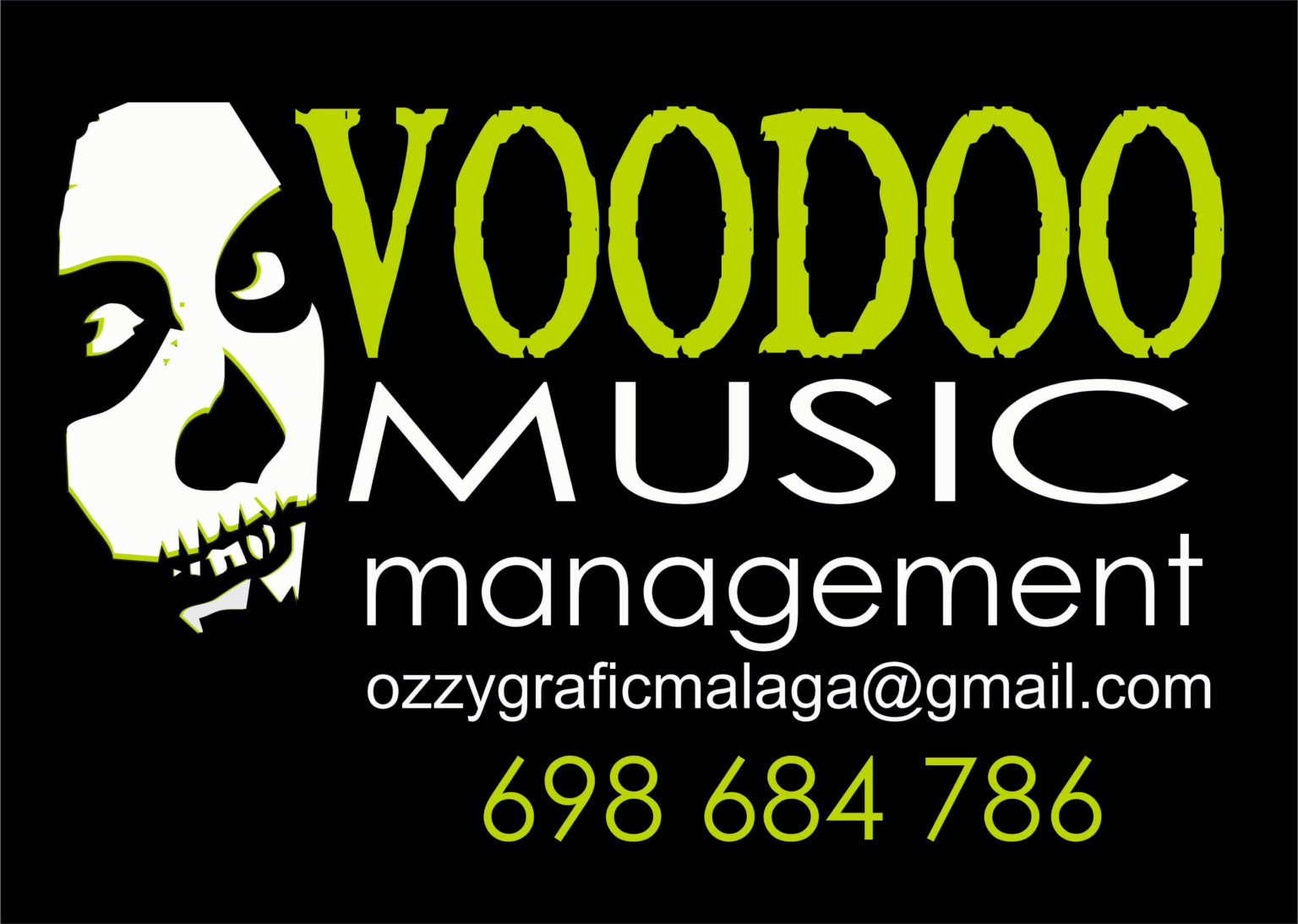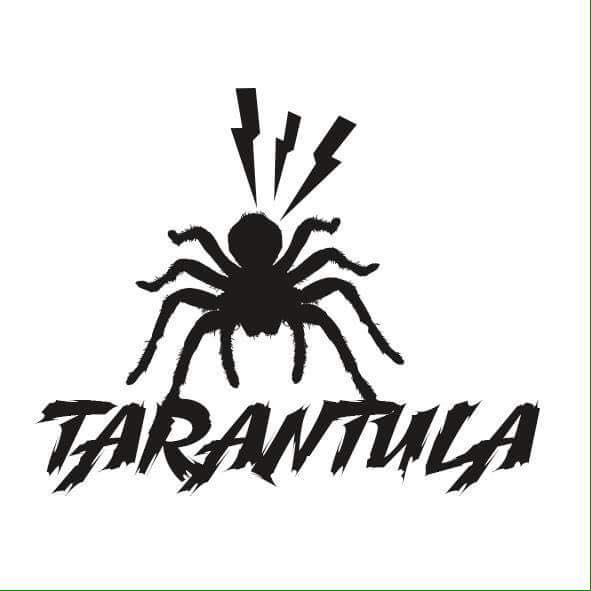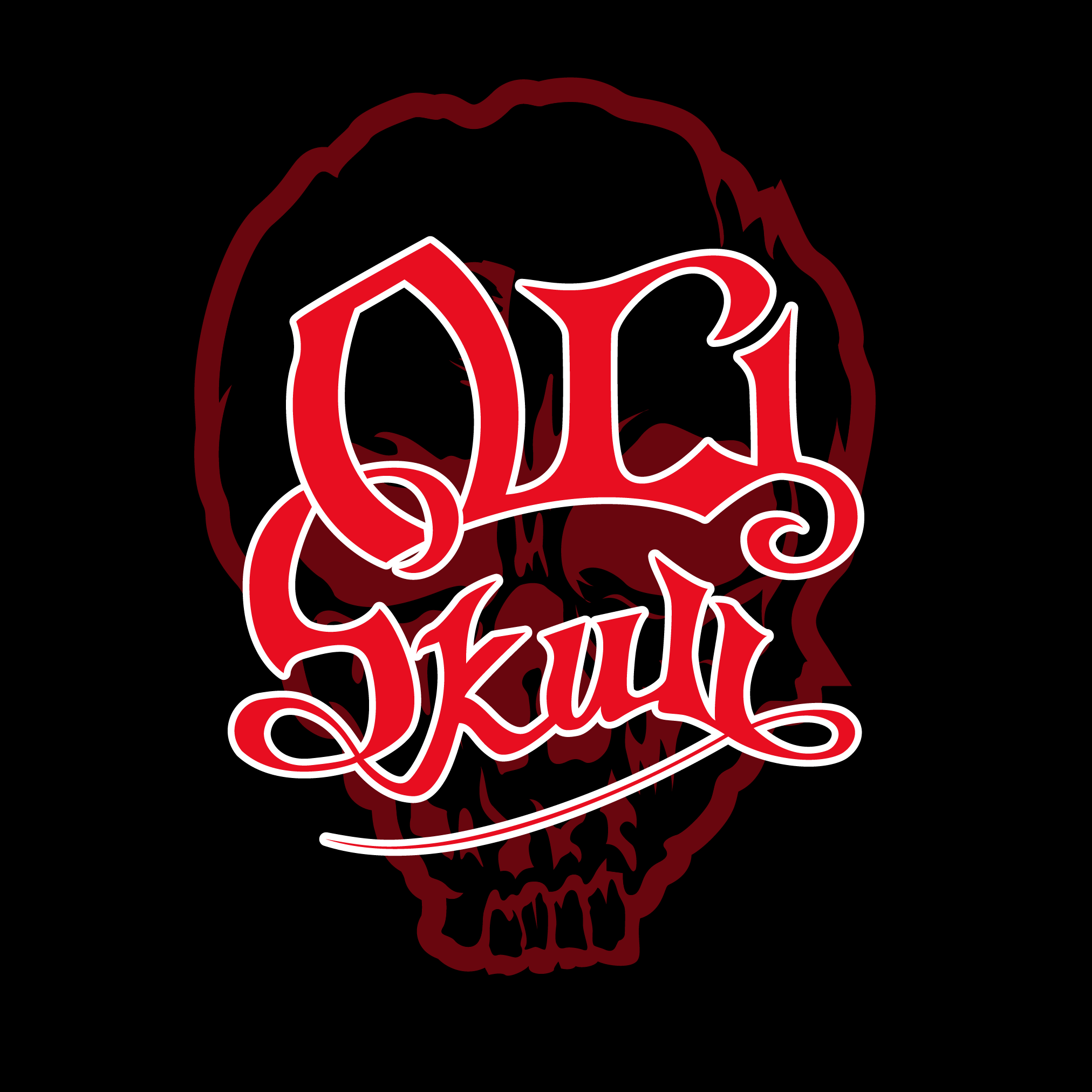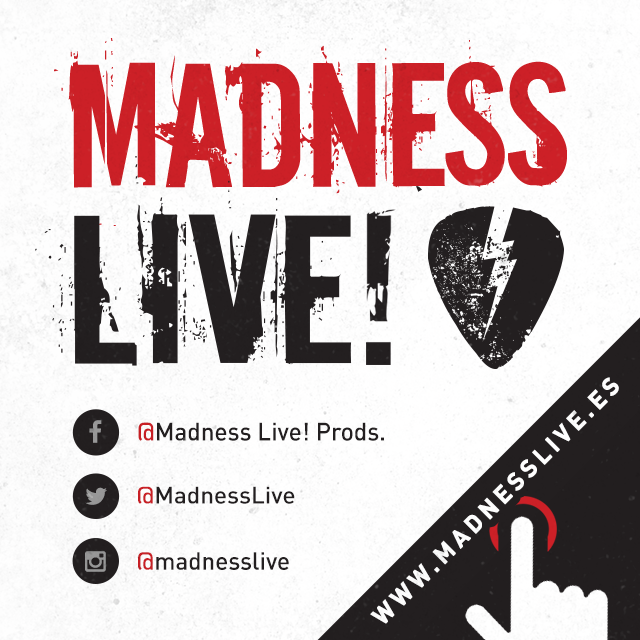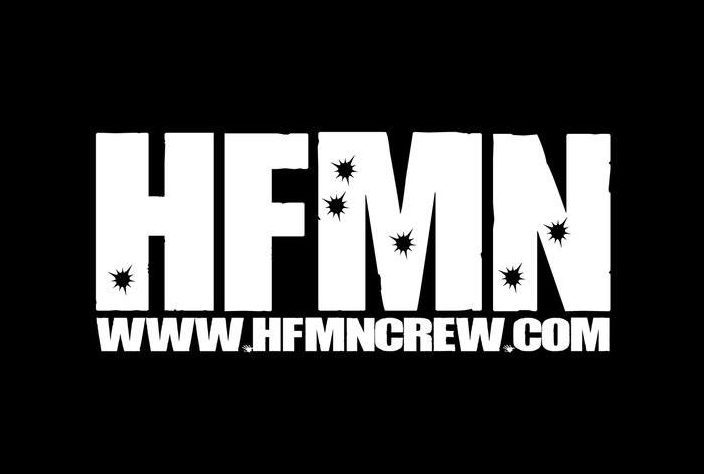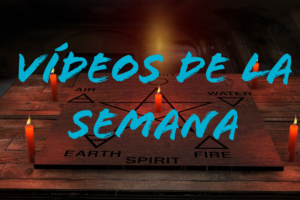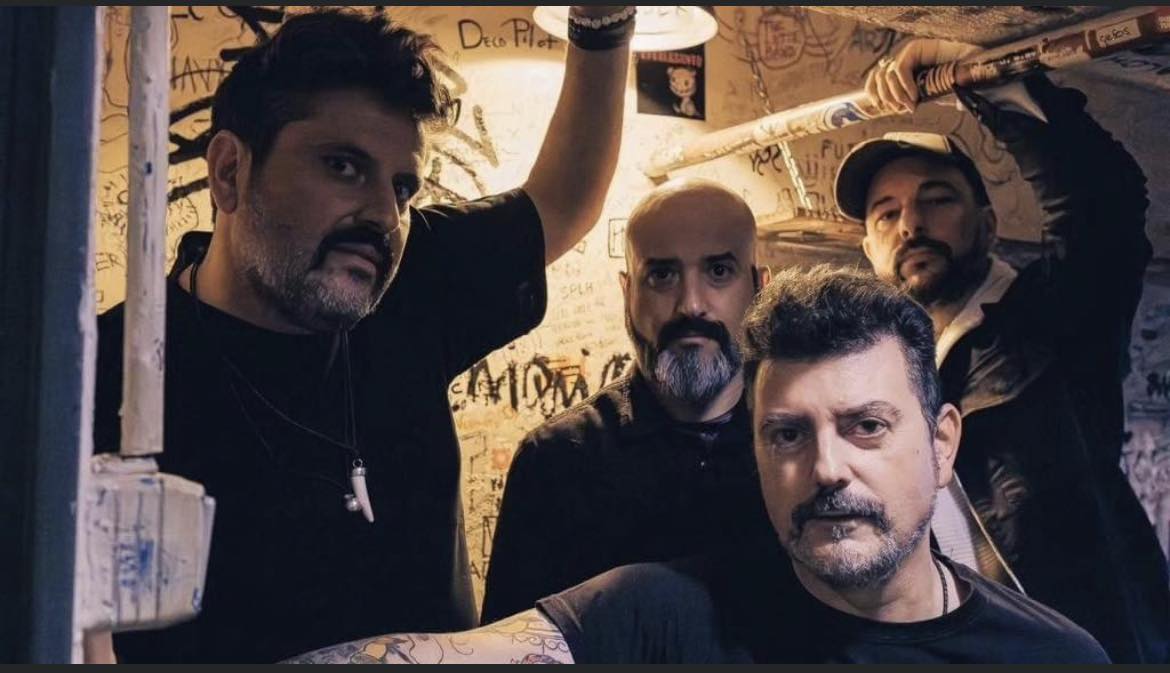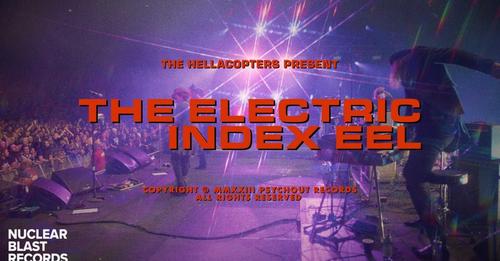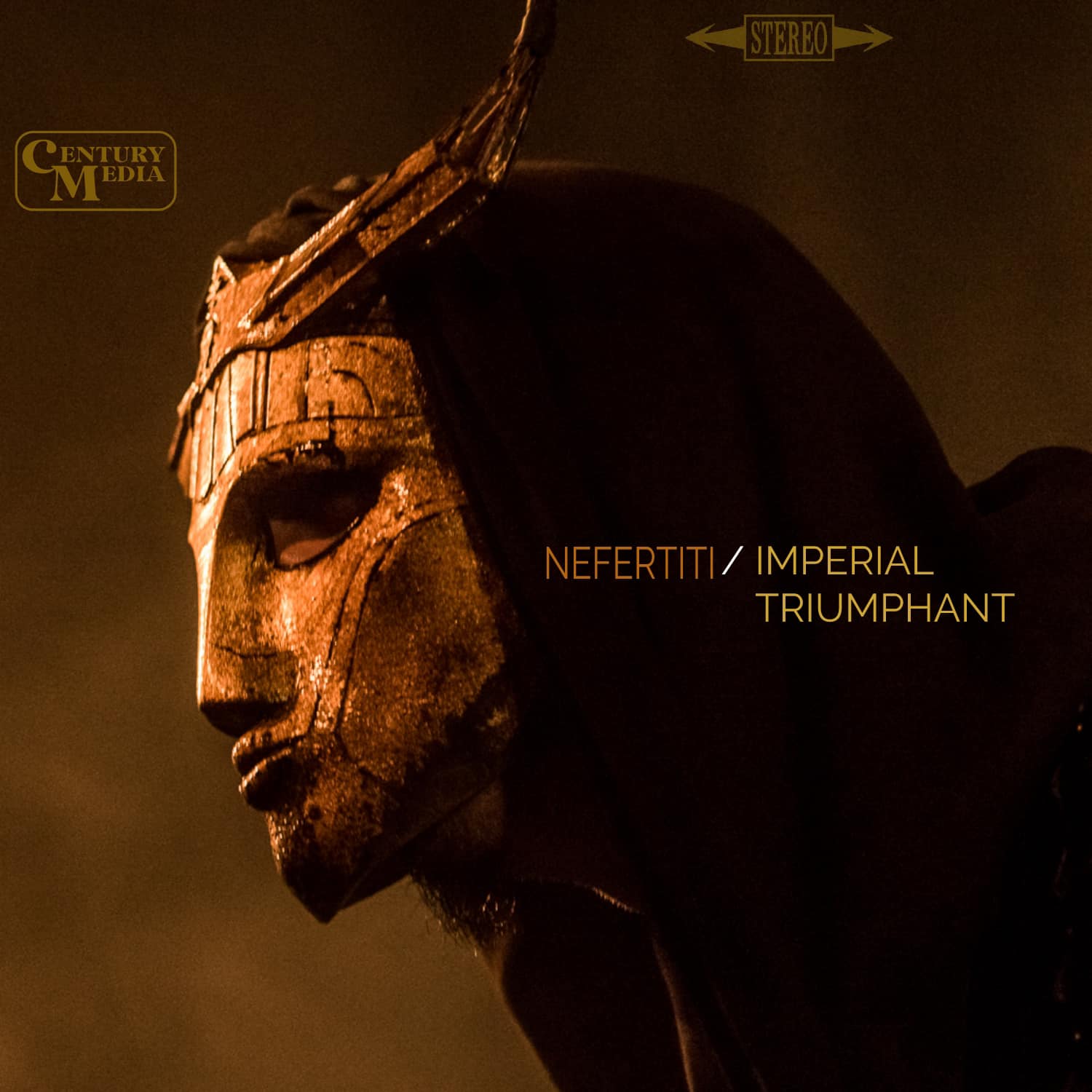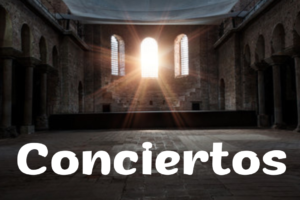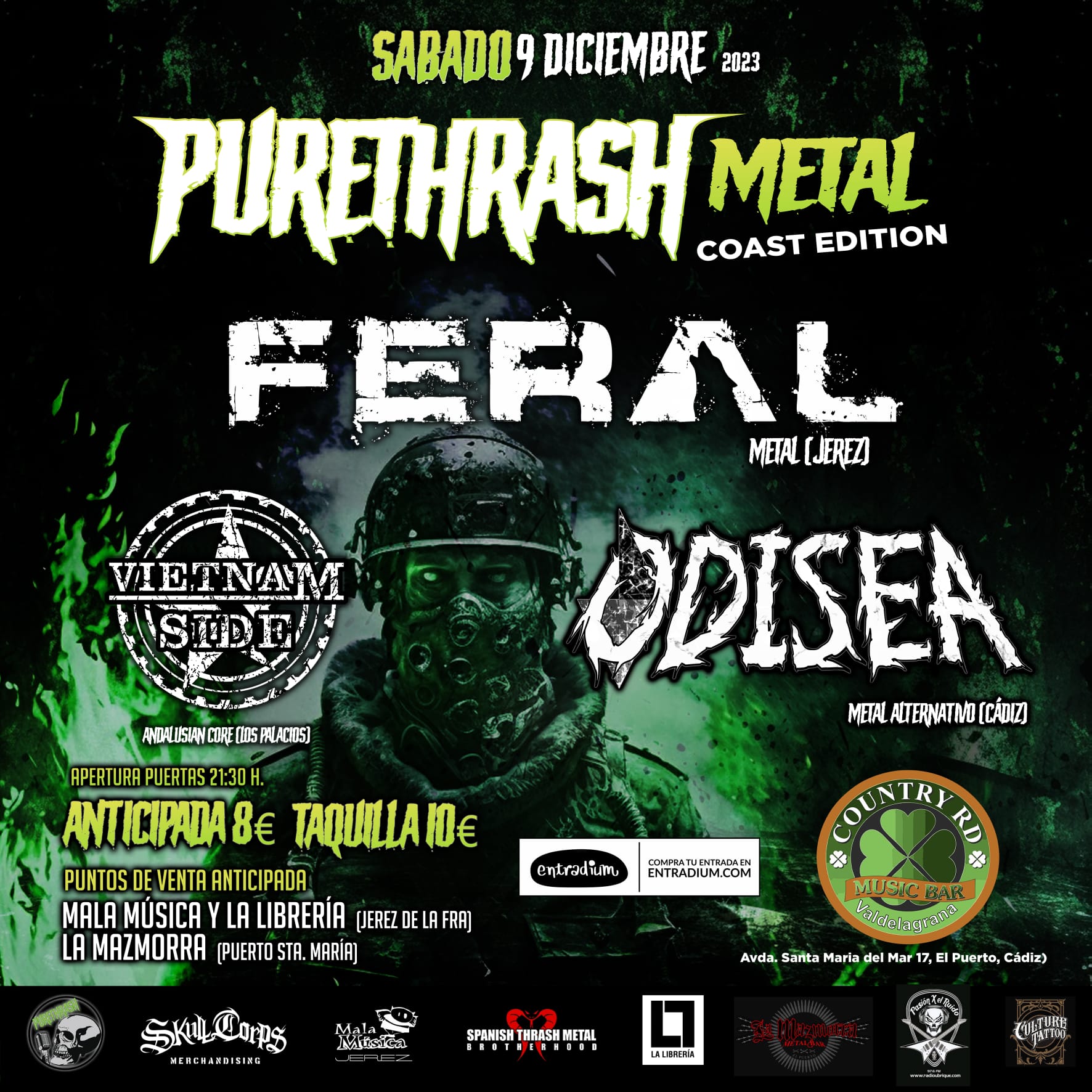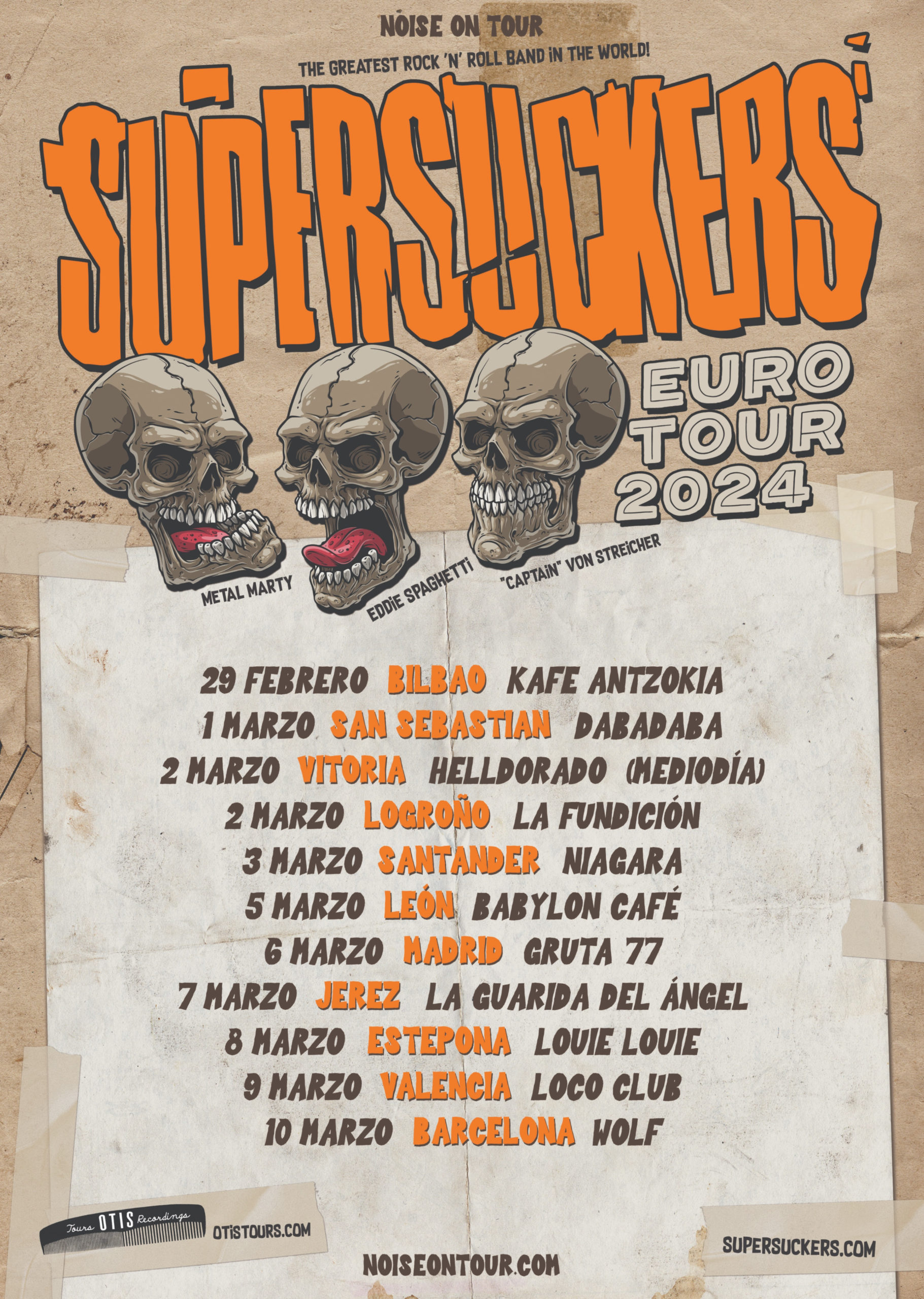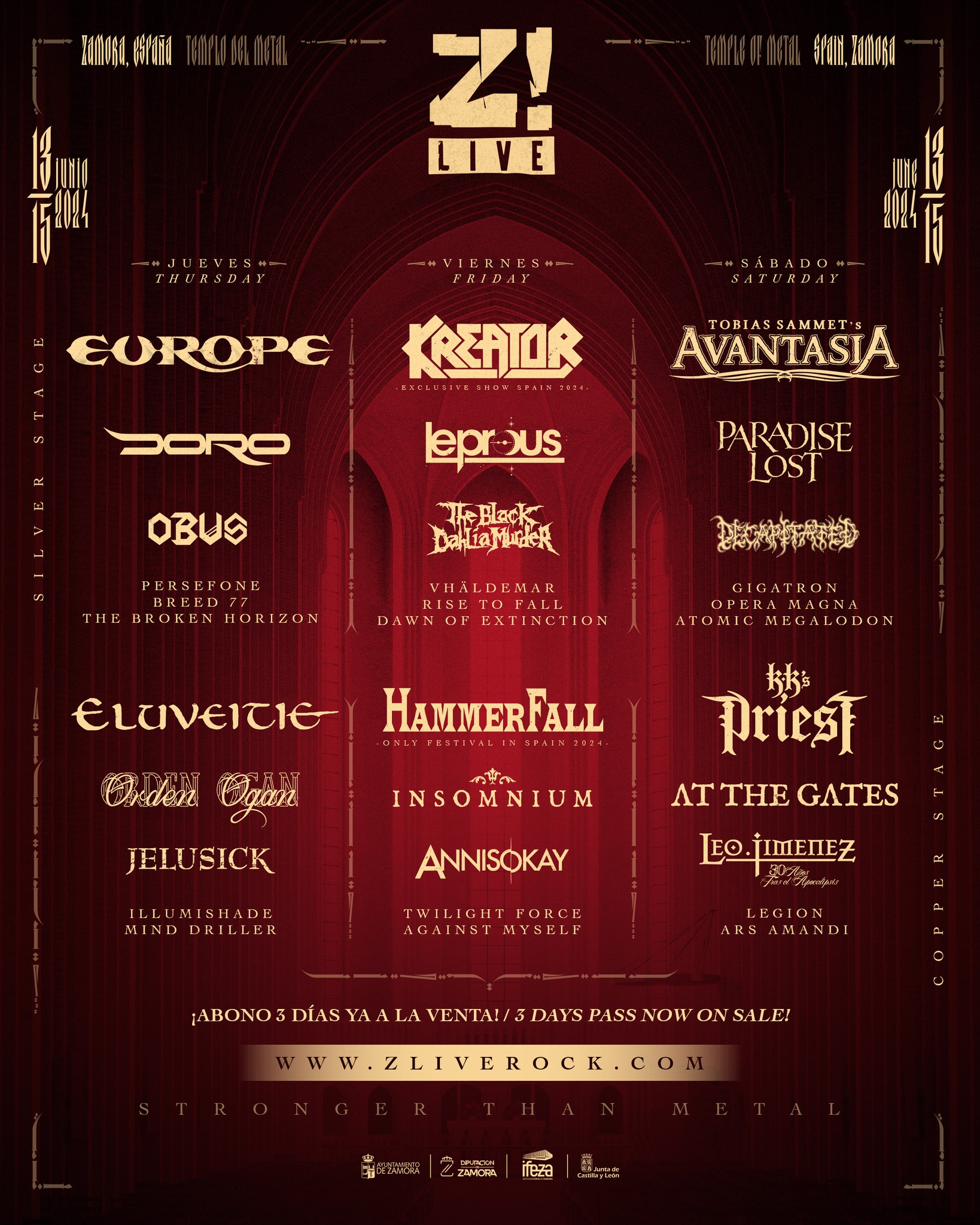[English below]
Fue hacia 2007 que se fundaba en Londres una banda que buscaba dejar su sello propio dentro de un subgénero tan complejo como el Progressive. Es el caso de Haken. Asumieron el enorme reto que supone crear sonidos originales y potentes en un género repleto de músicos de una calidad técnica extraordinaria. ¿El legado, hasta ahora? Seis álbumes, de gran aceptación entre la parroquia e incluso elogiados por músicos de la escena (algo no demasiado común) como Mike Portnoy y Jordan Rudess que catalogaron su álbum “ The Mountain” (2013) como uno de los mejores de ese año.
Es para los amantes de esas composiciones llenas de virtuosismo, estructuras alambicadas, cambios de ritmo imposibles, progresiones que hacen enloquecer a las masas y demás virguerías varias que estos chicos sacaron al mercado el pasado día 3 séptimo disco “Fauna”.
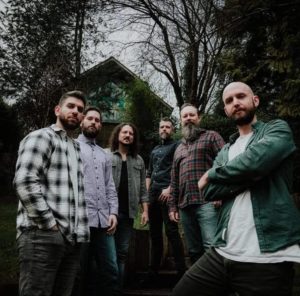
La premisa con la que ha sido escrito este álbum, precisamente, y en palabras de los propios integrantes, va implícita al mundo animal, y cada una de las canciones está dedicada a una criatura de la fauna silvestre, hecho que queda reflejado claramente en la excelente portada, creada por Dan Goldsworthy . Muestras muy evidentes del sonido habitual de Haken son, por ejemplo, la que da la bienvenida al álbum” Taurus”. que según nos indica la letra va en busca de su añorado Avalon buscando la salvación. Corte de estructura exquisita, con buenos cambios de ritmo, atacando el momento adecuado, y un buen trabajo de percusión y las atmósferas generadas por los teclados. Quizá haya echado de menos un solo vigoroso de guitarra para redondear este primer corte.
Del toro bravo pasamos a otro radicalmente distinto y de celestial canto “ Nightingale” (Ruiseñor), aunque el corte no se caracteriza precisamente por su melodiosidad o por su encanto (más bien por su duración, más de 7 minutos). Es un tema contundente, agresivo en los riffs y con un cierto desenfado que contrasta con la solemnidad habitual del género. En la parte instrumental no tenemos ningún derroche de virtuosismo, si no unas melodías más bien simples, algo que compensa en su estructura que sí sería algo más compleja y ya al final hay una melodía de cierre bastante chula a cargo del teclista Peter Jones.
Me llaman poderosamente la atención algunos detalles que “ The Alphabet Of Me” posee en su estructura. Es algo así como un sonido más modernete en las percusiones o la recitación acelerada de algunas estrofas, así como el predominio del bajo de Conner Green acompañado del sonido de unas exuberantes trompetas, que le aportan elegancia y distinción al tema para terminar.
La bella y poética descripción que de las medusas hace la letra de “ Sempiternal Beings” daría para un análisis sesudo de algún estudioso de la fauna marina, pero no es el único elemento a destacar en este corte que dura casi ocho minutos y medio. Tiene riffs poderosos de guitarra, que van acompañados de un tempo de batería que va in crescendo gracias al buen hacer de Ray Hearne y que empujan a Ross a subir los decibelios, a poner toda la carne en el asador. Acaba el tema con un solo de guitarra que si bien, no es para volverse loco, si cumple con los cánones clásicos del género.
Si este disco tiene un corte, donde Ross Jennings tiene un verdadero reto para mostrarnos todo su potencial como cantante este es “ Benneath The White Rainbow”. En este corte saca todo el potencial de su perfecta dicción y tira de potencia de cuerdas vocales para salir airoso de esa trampa que son unas cuantas estrofas de lo más complejas de cantar, la verdad. Quizá no es la canción más destacada del álbum, pero tiene bastante empaque.
A continuación encontramos “ Island In The Clouds” con unos riffs bastante curiosos de guitarra a los que les encontré cierta similitud con bandas de corte más instrumental como Scale The Summit. Consiguen darle unas atmósferas exquisitas al tema con millones de pequeños detalles que harán disfrutar al oído meticuloso en las sucesivas escuchas.
Y en este punto del disco, yo me quedé un poquito picueto. La letra utiliza la figura de la viuda negra para hablarnos del desamor (una mala tarde la tiene cualquiera) en el corte que lleva por nombre “Lovebite”.
Corta pero contundente y concisa, no pierde en ningún momento ni un ápice de la elegancia natural de los Haken, pero es mucho más directa y brutal que sus predecesoras. Y bueno dado que hemos estado algo escasos de melodías, nos regalan un bonito solo para disfrutarlo sin medida.
Esa sería la otra premisa importante del disco. El que vaya buscando virtuosismo quizá se decepcione un poco. Es el leitmotiv del álbum el de presentar estructuras originales más que el de recrearse en virtuosismos.
Con un sonido más desenfadado, rozando lo circense entra la pieza más larga del álbum que lleva por nombre “Elephants Never Forget” (traducido: no se la líes a un elefante. Son peores que Liam Neeson).
Son 11 minutos de disfrute puro, marcado por infinidad de matices, formas distintivas de presentar líneas vocales que no nos habían enseñado hasta ahora y donde nos envían un mensaje diciendo que tienen mucho que explorar aún. Mis respetos infinitos a Peter Jones por las genialidades que desarrolla a las 88 teclas. Y por supuesto el tremendo desafío técnico a nivel de voces, pasando de la emoción al drama y de ahí a una cierta insanidad mental.
Y para cerrar la fiesta, algo que parece Math Metal. (Así a pelo) “ Eyes of Ebony” inspirada en el imponente rinoceronte. Nos trae este corte un sonido más melancólico pese a que la letra versa sobre la lucha por la libertad que libran estos gigantes dentro de su hábitat. Dicha melancolía se nos torna esperanza en el estribillo, sin perder esa pátina elegante que ya han definido como uno de sus sellos de identidad.
En resumidas cuentas, quien venga buscando virtuosismo enloquecido que vayan a buscar a la estantería por la D de Dream Theater. Este trabajo es un ejercicio de orfebrería en las estructuras, sólidas llenas de matices y que a cada escucha te hacen sonreír un poco más…
Texto: Edu Bestia
English:
It was around 2007 that a band was founded in London that sought to leave its own stamp within such a complex sub-genre as Progressive. This is the case of Haken. They took on the enormous challenge of creating original and powerful sounds in a genre full of musicians of extraordinary technical quality. The legacy, so far? Six albums, of great acceptance among the parish and even praised by musicians of the scene (something not too common) such as Mike Portnoy and Jordan Rudess who catalogued their album “The Mountain” (2013) as one of the best of that year.
It is for lovers of compositions full of virtuosity, intricate structures, impossible changes of rhythm, progressions that make the masses go crazy and all sorts of other such nonsense that these guys released their seventh album, “Fauna”, on the 3rd of last year.

The premise with which this album has been written, precisely, and in the words of the members themselves, is implicitly about the animal world, and each of the songs is dedicated to a creature of the wild fauna, a fact that is clearly reflected in the excellent cover, created by Dan Goldsworthy. Very evident samples of the usual Haken sound are, for example, the one that welcomes the album “Taurus”, which, according to the lyrics, goes in search of their longed-for Avalon looking for salvation. An exquisitely structured cut, with good changes of rhythm, attacking the right moment, and a good percussion work and the atmospheres generated by the keyboards. Perhaps I missed a vigorous guitar solo to round off this first cut.
From the raging bull we move on to another radically different and celestial song, “Nightingale”, although the cut is not exactly characterised by its melodiousness or its charm (rather by its length, more than 7 minutes). It is a forceful theme, aggressive in the riffs and with a certain casualness that contrasts with the usual solemnity of the genre. In the instrumental part we don’t have any virtuosity, but rather simple melodies, something that compensates in its structure, which would be a bit more complex, and at the end there is a pretty cool closing melody by keyboardist Peter Jones.
Some details that “The Alphabet Of Me” has in its structure catch my attention. It is something like a more moderate sound in the percussions or the accelerated recitation of some verses, as well as the predominance of Conner Green’s bass accompanied by the sound of some exuberant trumpets, which bring elegance and distinction to the theme to finish.
The beautiful and poetic description of jellyfish in the lyrics of “Sempiternal Beings” could be the subject of an in-depth analysis by some marine fauna scholar, but it is not the only element to highlight in this cut that lasts almost eight and a half minutes. It has powerful guitar riffs, which are accompanied by a drum tempo that goes in crescendo thanks to the good work of Ray Hearne and that push Ross to raise the decibels, to put all the meat on the grill. The song ends with a guitar solo that, although it is not to go crazy, it does comply with the classic canons of the genre.
If this album has a cut, where Ross Jennings has a real challenge to show us all his potential as a singer, this is “Benneath The White Rainbow”. In this song he brings out the full potential of his perfect diction and pulls the power of his vocal cords to get out of the trap of a few verses that are, to be honest, very difficult to sing. Maybe it’s not the most outstanding song on the album, but it’s got quite a lot of punch.
Next we find “Island In The Clouds” with some quite curious guitar riffs to which I found a certain similarity with more instrumental bands like Scale The Summit. They manage to give exquisite atmospheres to the song with millions of little details that will delight the meticulous ear in successive listens.
And at this point in the album, I was a little bit stung. The lyrics use the figure of the black widow to talk about heartbreak (anyone can have a bad afternoon) in the track called “Lovebite”.
Short but forceful and concise, it doesn’t lose any of Haken’s natural elegance, but it is much more direct and brutal than its predecessors. And since we’ve been a bit short of melodies, they give us a nice solo to enjoy it without measure.
That would be the other important premise of the album. Those looking for virtuosity might be a little disappointed. The leitmotiv of the album is to present original structures rather than to recreate virtuosity.
With a more carefree sound, bordering on the circus-like, comes the longest piece on the album called “Elephants Never Forget” (translated: don’t mess with an elephant. They’re worse than Liam Neeson).
They are 11 minutes of pure enjoyment, marked by an infinity of nuances, distinctive ways of presenting vocal lines that they had not shown us until now and where they send us a message saying that they still have a lot to explore. My infinite respect to Peter Jones for the genius he develops at the 88 keys. And of course the tremendous technical challenge at vocal level, going from emotion to drama and from there to a certain mental insanity.
And to close the party, something that sounds like Math Metal (just like that) “Eyes of Ebony” inspired by the imposing rhinoceros. This cut brings us a more melancholic sound despite the fact that the lyrics are about the struggle for freedom that these giants fight for in their habitat. This melancholy becomes hopeful in the chorus, without losing that elegant patina that they have already defined as one of their hallmarks.
In short, whoever comes looking for crazed virtuosity should look for Dream Theater’s D on the shelf. This work is an exercise in the goldsmithing of structures, solid and full of nuances that make you smile a little bit more with each listen…
Text: Edu Bestia


![[Reseña] Haken “Fauna” – Safaris sonoros, Liam Neeson y, o virtuosismo](https://www.algoderock.com/wp-content/uploads/2023/03/323775205_1611079199339576_6504387299615257506_n.jpg)


![[Reseña] SERENITY VUELVE A SUS FUEROS EN ESTE “NEMESIS A.D”](https://www.algoderock.com/wp-content/uploads/2023/11/386640845_898416944979543_6251700821426142423_n-190x122.jpg)
![[Reseña] Ankhara “De Aquí A La Eternidad” – Power Metal, headbanging y ríos de lava](https://www.algoderock.com/wp-content/uploads/2023/10/342221481_636594758310476_4227657371916687351_n-190x122.jpg)
![[Reseña] Just Friends “Gusher” – Sucio Funk, humedad y el café de por la mañana](https://www.algoderock.com/wp-content/uploads/2023/11/353064113_677782640828474_3030648305378393086_n-190x122.jpg)
